Not every marketing activity needs directly measurable ROI. Most branding tactics have never had clear ROI. But they're still important - foundational even.
We’ve become obsessed with measurement. But measurement can become unproductive, especially when it’s imperfect, like so much in digital today. Think about the 100+ year history of advertising from one of the world’s most recognizable brands: Coca-Cola, with slogans and ads dating back to 1886. Little to no tracking for most of its time.
Many Fortune 100 companies spend millions on television advertising. It’s not measurable. It’s a dying medium. Nielsen ratings are and always have been a joke. Companies still buy media. They don’t have one-to-one tracking on conversions (impressions of network TV ads translating to sales). Billboards are the same. These methods of advertising are still effective, and majorly lucrative for media companies. I’m not saying buy more TV. But don’t get so obsessed with tracking that you miss out on an opportunity for branding - especially on a cool new medium that isn’t crowded.
It’s 2019 and we still do terrestrial radio ads. There is no reliable data on the results. I mention all this because if we look at a voice ad like the Unilever one on Spotify, I don’t want anyone to bemoan the fact that it won’t translate to trackable sales. It isn’t meant to.
Not every voice effort will be perfectly trackable early on. Your digital marketing result today are polluted by major bot traffic as it is. However, technology seems to get challenged on tracking because it’s assumed that digital should be perfectly trackable. It just isn’t, for so many reasons.
Early voice-enabled ads like Unilever’s AXE ad on Spotify hint at the wide open space for a new, frictionless way to access sponsored content or helpful information from a brand. Great targeting, context, timing, and intent are key to making the experience worthwhile instead of a nuisance. This is a good start from Unilever. Even if all that happens is a listener plays the AXE playlist. If anything, it’s an experiment worth running regardless of measurability of resulting sales. So much advertising is already difficult to measure. At least this is progressive.
Spotify’s feature, which debuts today, will only work if the person listening has their microphone enabled, the company says. A listener saying “Play now” when prompted by a specific AXE audio commercial from Unilever will cause the streaming service to play a curated playlist from the brand (which come with commercials). Afterward, the mic is turned off, Spotify says. -AdAge, 5/2/2019, "Spotify debuts voice-enabled audio ads with Unilever"
Pandora and NPR have experimented with voice-enabled ads before.
Stats and citations:
The Association of National Advertisers reports that only a quarter of all digital ad spend reaches real people. (entrepreneur.com, July 2018)
According to another study done by Imperva Incapsula, bot-driven ad fraud costs businesses $7 billion dollars annually. (entrepreneur.com, July 2018)
I mentioned that “65%” of traffic is from bots. Now I can’t find the source where I read this stat. However, Incapsula reports 61%. Other sources say anywhere from 20-50% or more.
The point: this is a huge margin for error in interpreting the success of a digital marketing campaign judged by clicks or traffic. Perfect measurement is but a dream today.


